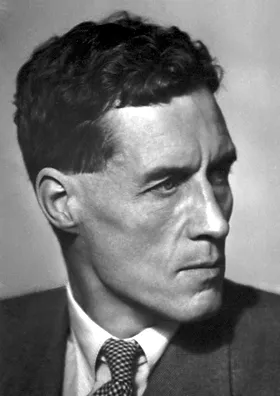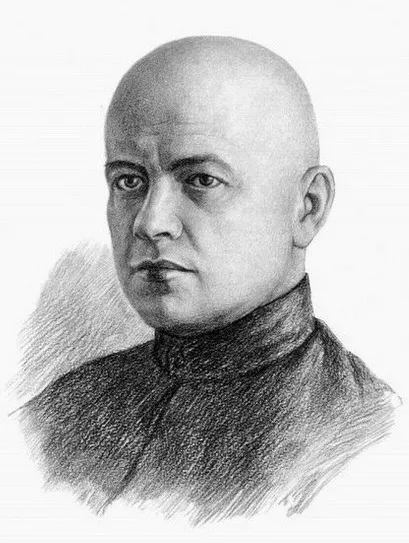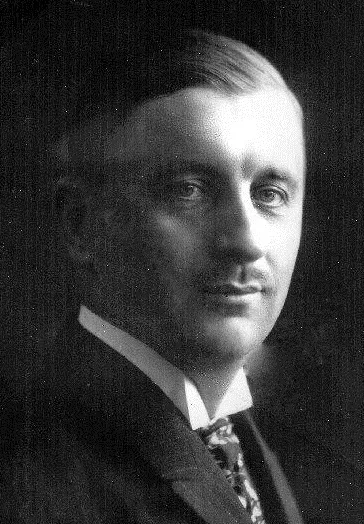
Birth: Eugene Ormandy was born in 1899.
Nationality: He was a Hungarian-American.
Profession: Ormandy was a renowned violinist and conductor.
Death: He passed away in 1985.
Career Highlights: Ormandy served as the music director of the Philadelphia Orchestra for many years.
1899 – Eugene Ormandy, Hungarian-American violinist and conductor (d. 1985)
In the heart of Hungary, during a time when music was as vital as the air people breathed, a boy named Eugene Ormandy was born in 1899. However, his story begins not just with his birth but with the swirling cultural currents of early 20th-century Europe that would shape him into one of the most celebrated conductors in classical music history. Raised in a family that cherished musical expression, young Eugene picked up the violin at an early age, demonstrating prodigious talent that would later echo across concert halls worldwide.
Despite facing financial hardships after moving to America with his family in 1913, Eugene's passion for music became a beacon guiding him through adversity. In those formative years in Philadelphia where he would later gain fame he immersed himself in American and European musical traditions. It wasn't long before he caught the attention of established musicians; by his teenage years, he was already performing professionally. Arguably, this early exposure to diverse musical styles provided him with a unique palette from which he would draw upon throughout his career.
However, it was not merely talent that propelled Ormandy forward; it was also resilience and strategic networking within the burgeoning American orchestral scene. In 1931, at only 32 years old, he took over as conductor for The Philadelphia Orchestra a role akin to being handed a crown fit for an artist destined to reign over symphonic landscapes.
The Philadelphia Orchestra under Ormandy became known for its lush sound and exquisite interpretations of both classical and contemporary works. His innovative programming often included lesser-known compositions alongside beloved masterpieces from composers like Tchaikovsky and Mahler. One fan recounted how attending one of Ormandy's concerts felt like watching an artist paint on a canvas each note carefully placed to evoke emotion and resonance within listeners.
Ironically though, despite achieving such illustrious status within classical circles, many contemporary listeners may not recognize Eugene Ormandy's name today a testament perhaps to how quickly artistic legacies can fade from public consciousness amidst new trends and fads dominating popular culture.
During World War II, while much of Europe lay under dark clouds of turmoil and destruction including countless artists who lost their lives or homes Ormandy's influence continued to grow stateside. He conducted concerts that raised funds for war relief efforts while inspiring hope through music during uncertain times... A true testament perhaps to art's ability to uplift even amid chaos.
Moreover, what makes Eugene Ormandy’s legacy all the more intriguing is how he embraced technological advancements during his tenure as conductor the emergence of recorded music radically changed listener engagement with orchestras! Who knows what innovative recordings might have been lost had it not been for pioneers like him who saw value in preserving live performances? For instance: many still cherish recordings made by The Philadelphia Orchestra under Ormandy's baton a bridge connecting modern audiences back into history through sound alone!
This adventurous spirit extended beyond concert halls; thinking outside traditional performance venues led him on collaborations with popular artists across genres including collaborations rooted deep within jazz influences or Broadway shows! In doing so… perhaps inadvertently …Ormandy opened doors between seemingly disparate worlds: classical musicians stepping onto stages shared by pop stars!
The Later Years
Eugene continued conducting until well into his eighties but it wasn’t simply age or fading popularity that curtailed performances; rather health complications gradually drew curtains on an illustrious career stretching several decades long… And then came November 12th1995 when news broke announcing Eugene's passing at age eighty-six leaving behind echoes across symphonic realms which still resonate today!
A Legacy Revisited
- The scale & scope involved throughout various global venues broadened horizons changing perceptions around what orchestras could achieve!
- This reflects more than just technical prowess but also demonstrates leadership qualities needed manage diverse groups musicians each seeking express themselves uniquely through art form!
Even now as we reflect on past maestros such as Eugene we witness echoes from previous centuries influencing emerging generations aspiring create impactful works timelessly bridging gaps between styles genres forging connections among different cultures around globe too! Today’s youth find inspiration learning about figures like him paving ways forward both literally metaphorically... No wonder there’s resurgence interest surrounding orchestral compositions world-wide especially amongst younger crowds discovering these hidden gems lately rediscovering roots forgotten history filled rich stories waiting unveil mystery unfold open up horizons possibilities ahead yet unseen. . . . . . . . . . . . . . . . ..




